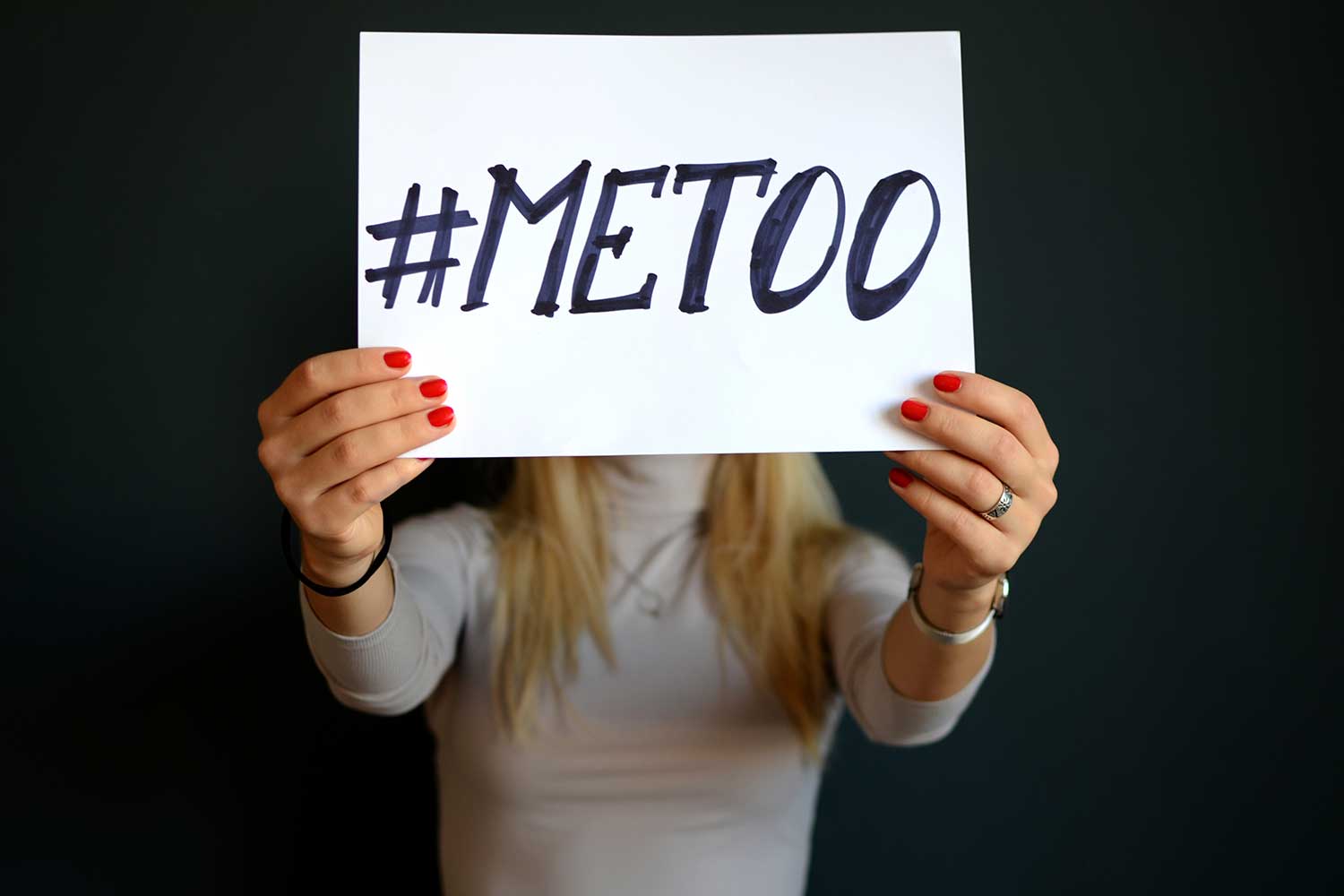It’s hard to ignore the plethora of revelations of sexual harassment incidents involving well-known public figures being revealed in the news recently.
It’s also difficult to ignore the grassroots social movement that resulted — the #MeToo campaign, originally started by consultant, blogger and advocate Tarana Burke over 10 years ago, and recently popularized with a tweet by actress Alyssa Milano that garnered more than 35,000 direct responses on its first day.
From there, the hashtag quickly spread across multiple social media platforms and grew immensely in participation, with individuals all over the world chiming in to share their stories of harassment and assault, or simply posting #MeToo.
To say the trend is viral is an understatement — people are speaking up, and they’re doing so publicly.
What you may not know is that the number of harassment complaints nonprofits have been receiving has increased as well.
These complaints run the gamut from anonymous emails reporting decades old alleged transgressions to the reporting of current serious ongoing harassment of current employees by their supervisors.
Sexual harassment is a serious issue and it is incumbent upon every nonprofit to do what it can to minimize the risk of these types of incidents from occurring.
At Nonprofit Insurance Alliance, we have many free tools to assist our members in addressing these risks.
The following resources are available to our nonprofit members when faced either with a current complaint of sexual harassment in the workplace, or to educate your workforce in mitigating the potential risk of sexual harassment becoming an issue.
- Free recorded webinar on Preventing Sexual Harassment and Abuse Conduct in the Workplace, which can be accessed here.
- Free recorded webinar on Conducting Internal Investigations, which can be accessed here.
- Members with a current Directors and Officers policy (which includes Employment Practices Liability) can take advantage of free unlimited Employment Consultations. Labor & Employment Risk Managers (LERMS) can assist members in understanding best practices for establishing a harassment free workplace, including sample policies and recommended training; the processing of a complaint of harassment, including internal or external investigation and assessing risk; and possible steps to remedy the situation. Information on how to request a consultation can be found here.
- Free Sexual Harassment Prevention Training for Supervisors, available for nonprofit members in Connecticut and California where such training is legally mandated. Additional information can be found here.
- Training brochures for nonprofit staff working with youth, entitled “Supervision of Children and Teens Never Includes Sex,” which is available here.
In addition to these resources, you should confirm with your nonprofit’s insurance broker that you have sufficient Employment Practices Liability (EPLI) insurance coverage under a Directors & Officers (D&O) insurance policy, and/or Improper Sexual Conduct (ISC) coverage, if you are exposed to risk in this area.
Making these tools available should help create a healthy and respective environment at your nonprofit, minimize the likelihood of a #MeToo incident from occurring, and assist you in responding if such an incident does occur.





